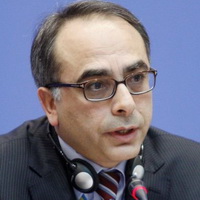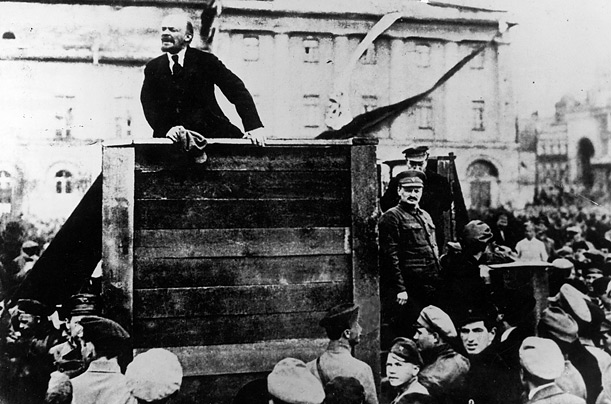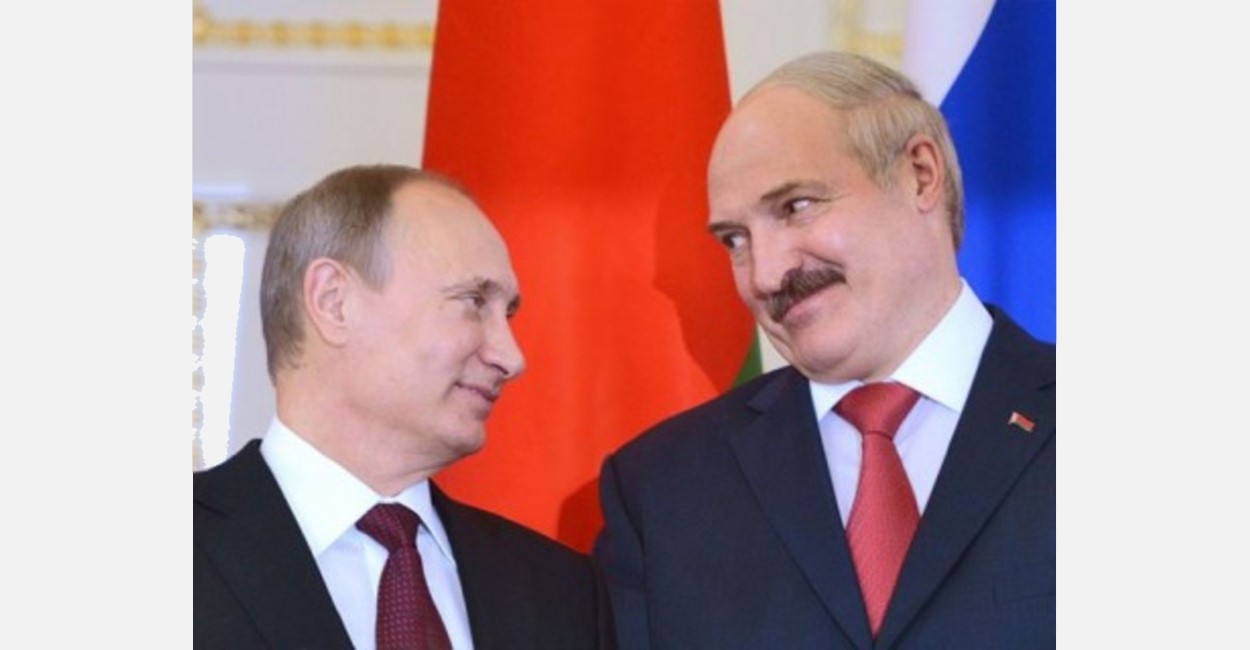That night official Kyiv was one of the first to declare its support for the Turkish authorities. Until the morning, the putschists were defeated, leaving behind shelled civil targets, including the parliament and ministerial buildings, and over 200 dead.
But the further activities elicited not only support but also criticism. Thousands were arrested, tens of thousands detained, and hundred of thousands fired due to suspicions in their sympathy to the putschists. Ankara also became the subject of accusations by EU members states, and PACE has resumed monitoring of Türkiye due to systemic human rights violations.
Euromaidan Press has covered the coup and its aftermath, but on the anniversary of the coup, we are publishing a detailed article of the Turkish ambassador to Ukraine about the preconditions and consequences of the coup and the prospects for further relations between Türkiye and the EU, the Ukrainian version of which appeared in Yevropeiska Pravda.
2016 was a bad year globally and Türkiye had more than its fair share of misfortune, most tragically the failed coup attempt of 15 July 2016.
One year has passed since a renegade group of military officers directed by their pseudo-religious mentors tried to put an end to democracy in Türkiye. They were so out of touch with reality that they could not foresee that the Turkish society would rise in popular outrage to stop them. Having been voting into, and out of, office governments since 1950, Turkish people would obviously not suddenly unlearn democracy in 2016.
Read also: What is actually going on in Türkiye?
But saying “stop!” to tanks, jet fighters, attack helicopters came at a tragic cost; more than 240 people died resisting the coup on the streets of İstanbul and Ankara. We call them “Martyrs of Democracy” and we will honor their memory in this week’s commemorations. Ukrainians will appreciate this, remembering their “Heavenly Hundred.”
The Turkish Government and President stood firm against the coup attempt from the beginning. The opposition political parties also demonstrated their democratic solidarity. The coup attempt faded in a few hours also because the majority of the military officers, including the top commanders, resisted it.
Ukrainians know the frustration of not being able to bring to justice those who have used the state’s weapons against their own people. We cannot allow impunity for the perpetrators of 15 July.
The investigations and the undeniable hard evidence all point to the same perpetrator: a cultish structure developed by a self-styled cleric, Fethullah Gulen, peaceful on the surface but a secretly radical religious group that has been infiltrating state apparatus for years. The courts will have the final say but there is too much smoking gun to avoid the commonsensical conclusion.
It is now easier to explain how such an anomaly could occur within Türkiye’s strong, secular state structures.
Consecutive Turkish governments and much of the society failed to see in time the danger posed by the Gulenist network. In retrospect, perhaps the democratic politics we had become so accustomed to caused most of us to interpret the evident signs of danger as exaggerated allegations.
It is legitimate for any social group to attempt to change society and the political order, but for this they have to form a political party and run for office in free and fair elections. The Gulenist movement avoided competitive politics and sought an illegitimate short cut to power by infiltrating the state organs. It abused the growing democratic responsiveness of Turkish society and governments since the 1980s. They portrayed themselves as a moderate, non-political, compassionate group of religious people. Many believed and sympathized with them. This allowed the Gulenists to gradually build a vast network with its own bank and media outlets.
Internationally, they presented themselves as the face of moderate Islam which the world was so desperate to embrace especially after the 9/11 attacks of 2001 in New York.
The journey taken by Fethullah Gulen from being a provincial cleric into an oligarh-like cult leader with thousands of disciples around the world confirms two conventional lessons on human nature: that unchecked power corrupts; and for such people the ends justify the means. An opposition parliamentarian recently told me that a few years ago he applied to a teaching position at a modest Turkish university. He was confidently hoping a positive response, given his strong CV. Yet, he was privately told that his application would be facilitated only if he were to bring a letter of reference from the Gulenist structure. Such was the level of audacity with which the Gulenist network operated.
It is not easy to infiltrate public service in Türkiye which is based on merit and subject to centralized entry examinations. To circumvent this, the Gulenist structure began to steal the exam questions of several institutions, including the armed forces, the police, and judiciary. Even a basic study of the test results show how Gulenist candidates who had done poorly in earlier exams suddenly began receiving top, even 100 out of 100, scores as a group.
Meanwhile, decent public officials were subjected to all kinds of pressure, including blackmail and harassment, forcing them to vacate their positions to be filled by the indoctrinated Gulenists. Non-Gulenist public officials seen as obstacles to this master plan were taken to court by Gulenist prosecutors and convicted on forged evidence by Gulenist judges. Many people’s lives were ruined. Those miscarriages of justice at the hands of Gulenists seemed not to be registered in Europe's conscience.
Possibly by August last year, many of the hidden Gulenist members in the armed forces and other institutions would have been revealed and convicted as a result of the investigations and court cases against them since 2014. The coup was a last ditch effort to escape the collapse of the master plan. We now know, read in testimonies, and see in video recordings of military institutions that civilian Gulenists – high in the hierarchal chain of command of the Gulenist structure – were at the main air base directing the coup. Because they tried to change the democratic, constitutional form of government through violent means, the “terrorist” label is associated with the Gulenist movement; hence in the Turkish acronym FETO.
“Trauma” best describes what Turkish society and polity went through last July. Many people who had sympathized with, supported or just accepted the Gulenists as a legitimate social-religious group felt deeply betrayed. As the gravity of the threat became evident, a state of emergency was introduced to cope with it. As France recently extended once again the state of emergency declared after the terrorist attacks in Paris 2015, Türkiye too extended these measures for another 3 months last April.
Any information suggesting shortcomings in Türkiye's handling of the situation was taken at face value, but the Gulenist smoking guns were ignored. During the early days after July 15, European positions included principled support and empathy (unbelievably small in numbers), wait and see approach, hoping for a change of Government as a result of the coup attempt and even outright schadenfreude.
The fact that European political center had been weakening for some years seemed to also cloud the European judgment on Türkiye. Many in Europe could not bring themselves to stand by the very values the EU had helped to take root in Türkiye. This was an additional trauma for many Turks who had benefitted from EU accession process politically and socially.
This state of affairs is being remedied, albeit slowly, as the reality of FETO is sinking in.
Because Türkiye’s fundamentals are strong, a crippling damage from the coup was avoided. The economy picked up quickly. Most importantly, state institutions began to be cleansed from FETO. Türkiye knows it has to do this effectively and within the rule of law. Striking the right balance between security and freedoms is hard in the middle of the process. Again, Ukrainians will understand the importance of this due to their own challenge of lustration.
In this process, honest concern from the EU and the Council of Europe is welcome. As the size of the network began to unravel and its size revealed, tens of thousands of public employees were suspended, detained or arrested, depending on the strength of the evidence. Admittedly, under the traumatic conditions of the post-July 15 period, innocent people were also caught up in the investigations.
Not everyone in contact with the Gulenist network is a criminal. We need to sort them out. Thanks to the mechanisms of complaint set up, in line also with the Council of Europe's recommendations, for wrongfully detained people, around 34 thousand public employees have now been reinstated. Criticism from within Türkiye and abroad, though often misplaced, is unavoidable to some extent.
True, the traumatic effects of 15 July cannot be a pretext for compromising rule of law.
Even if the coup attempt had not taken place, all the other illegitimate and criminal activities of the FETO network which are now undeniable warrant reaction from anyone with a sense of justice, especially from the EU.
Refusing to look at the evidence and continuing to believe that all that transpired in Türkiye is just a domestic power struggle between the government and a former pro-government group may just be poor judgment for an individual. For any serious international actor, however, it would mean a cognitive bias preventing a proper understanding of Türkiye.
Naiveté is generally bad; but given the international activities of FETO, naiveté in this age of post-truth is dangerous.
As for rehabilitating EU’s moral credentials with Türkiye, constructive engagement and empathy is needed from both sides. Türkiye is ready to do its part and we know from past experience that the EU can too.

Materials published in the "Op-Ed" section represent solely the opinion of the author and not necessarily those of Euromaidan Press.
Read also:
- What is actually going on in Türkiye?
- Ukraine and Türkiye Strike Historic Deal: Explained
- Ankara bans Turkish ships from entering Russian-occupied Crimea... again
- Turkish government warns Putin: Crimea is not yours
- Nationalism may bring Türkiye back to its course
- Türkiye seen seeking to reanimate GUAM as anti-Russian alliance





